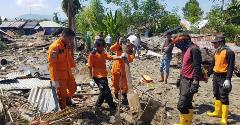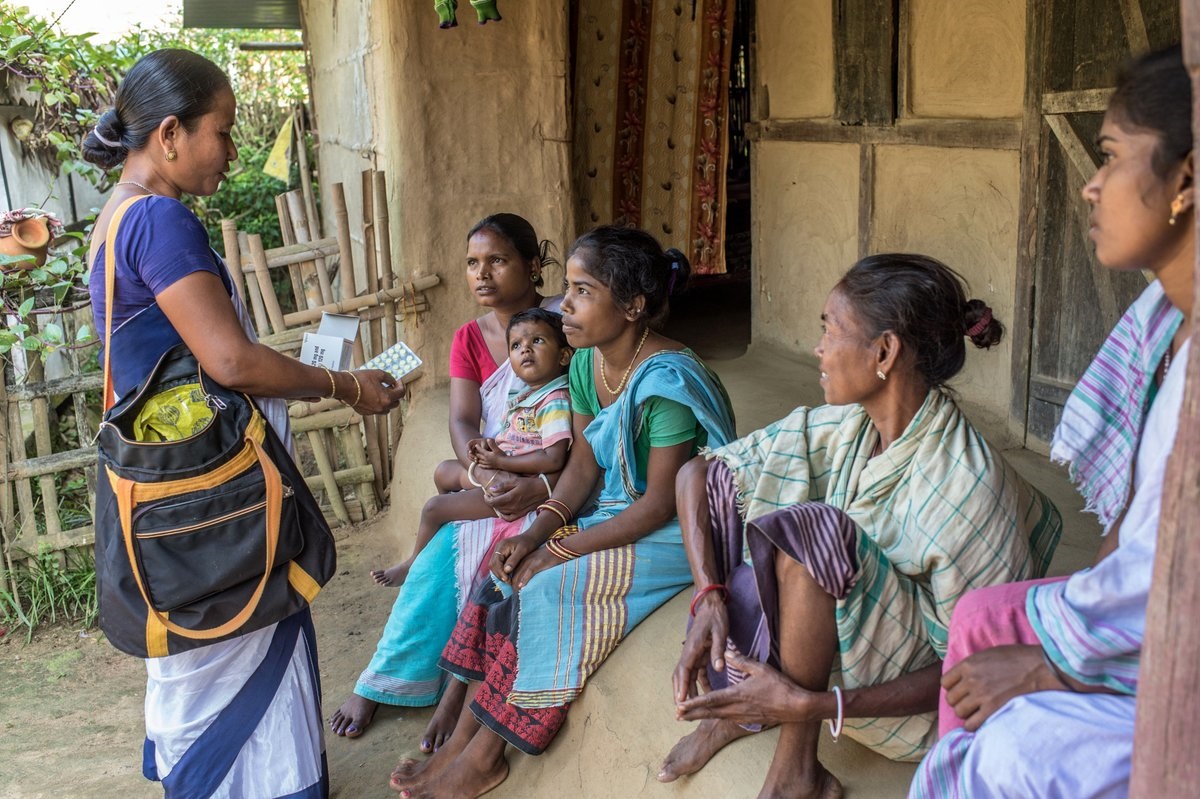Browse WHO Publications

Publications
The Information Management and Dissemination Office of the WHO South-East Asia Region consolidates publishing activities throughout the Region.
The South-East Region Publications Office works in close coordination with WHO Press to form an integral part of the knowledge management and communications culture of the World Health Organization. Closely tied to the work of WHO, each publication articulates part of a global plan, conveying information that can push the world forward through the protection and promotion of health with commitment to quality and dedicated focus on customer service.
Full texts of all South-East Asia Region information products are available and downloadable online from the WHO SEARO IRIS site.
We welcome your comments and suggestions for the improvement of this site at the following address: [email protected].
Featured Publications
All →Small island developing states (SIDS) are a set of islands and coastal states that share similar sustainable development challenges, as a result of their...
WHO Regional Committee for South-East Asia – Report of the Seventy-fifth Session, Paro, Bhutan,
The WHO Regional Committee for South-East Asia is the World Health Organization’s governing body in the South-East Asia Region. It has representatives...
Accessing affordable, high-quality medicines is crucial for universal health coverage (UHC). Unfortunately, the prices of both innovative and generic pharmaceuticals...
Report on insecticide resistance in Aedes mosquitoes (Aedes aegypti, Ae. albopictus, Ae. vittatus) in...
The WHO South-East (SE) Asia Region comprises 11 countries, namely Bangladesh, Bhutan, the Democratic People’s Republic of Korea (DPR Korea), India,...







